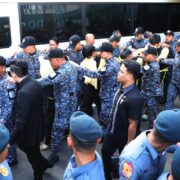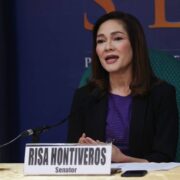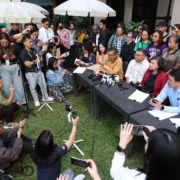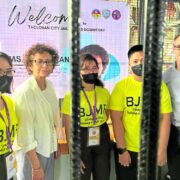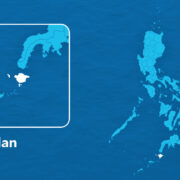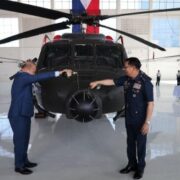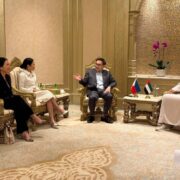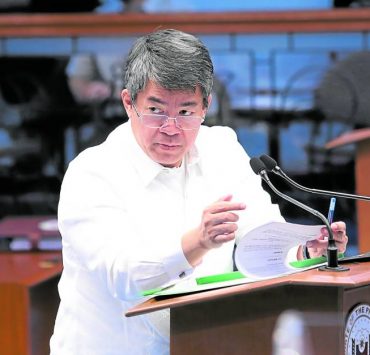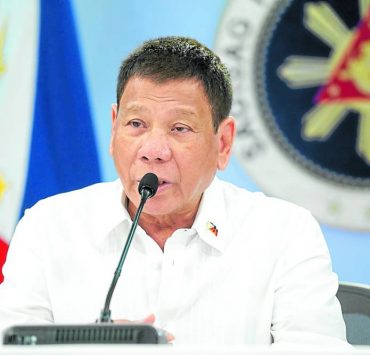Nonprofit partners help farmers innovate, raise productivity
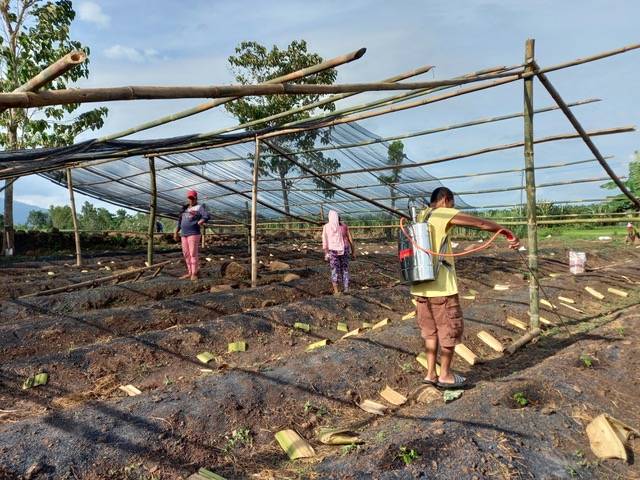
In the agricultural sector, where challenges abound, the intervention of nongovernmental organizations (NGOs) can be pivotal. Two NGOs, World Vision Philippines and Negros Women for Tomorrow Foundation (NWTF), seek transformative change by equipping farmers with the tools, technologies and skills needed to run successful agribusiness ventures.
World Vision Philippines rolled out Agricultural Innovation Development (AID) project to foster an entrepreneurial mindset among farmers and diversify their income. It also aims to introduce smart farming technologies to optimize productivity.
NWTF is empowering farmers through its Balik Panguma Initiative, which seeks to provide access to a stable food supply. To strengthen agricultural-related businesses, NWTF promotes responsible entrepreneurship and teaches farmers efficient agricultural practices.
In 2023, these two purpose-driven NGOs participated in Citi Foundation’s first-ever Global Innovation Challenge, a funding model that aims to help nonprofit organizations expand solutions to address social and economic challenges in low-income communities.
Citi Foundation received more than 1,000 proposals from organizations operating in more than 80 countries. A total of $25 million was provided to selected 50 organizations around the world to boost efforts toward food security and promote financial stability of impoverished families.
Due to their groundbreaking proposals, World Vision Philippines and NWTF were awarded a $500,000 grant last year to scale up operations and amplify their impact.
“Philanthropic capital plays a critical role in the marketplace of social solutions and Citi Foundation’s Global Innovation Challenge is designed to help new ideas grow and scale,” says Brandee McHale, president of Citi Foundation and head of Citi Community Investing & Development.
Provision for children
Families are better equipped to provide for their children’s most basic needs—shelter, food, clothing and medical care—when they have stable sources of income.
Children-focused organization World Vision Philippines aims to support poor farming households through Project AID. Acting national director Jun Godornes describes it as “a clear project that will entail development of an act to curate agricultural-related activities.”
“The budget will also be used to construct smart greenhouses, so we’re using that to make sure that the produce, the crops, are more climate-resilient. We’re trying to maximize whatever technology is out there and bringing it to Moises Padilla.”
According to Godornes, a lot of farmers in the municipality of Moises Padilla, Negros Occidental, do not own land. World Vision wants to provide them with opportunities to plant high-value crops other than sugarcane.
The funds will also be used to set up market pods or light commercial vehicles that will carry different produce. With the expertise of licensed agriculturalists and robotics organizations, they can innovate smart farming technologies.
“Farmers’ associations will be introduced to smart farming technologies that will build their confidence in scaling up the way they do farming,” says Careen Sampil, World Vision Visayas program manager.
They are also partnering with universities to educate the youth about smart farming technologies. The target beneficiaries are 5,000 individuals, 3,000 of whom will undergo the agripreneur program, while 2,000 will participate in the smart farming technology program.
“This is promising for all the farmers associations. At the same time, it will strengthen partnerships with the local government units in Moises Padilla,” says Sampil. “We’ve seen and experienced the all-out support of the LGUs (local government units), especially the Department of Agriculture, the DTI (Department of Trade and Industry), the academe.”
On a global scale, World Vision launched a campaign called “Enough,” which aims to alleviate child hunger and address the inequitable food system caused by conflicts and climate change.
“In alignment with that, we thought that this (Project AID) would be a good showcase to use technology and capacitate people on the ground—the communities that we serve—and use that as a means to help them improve their way of planting, diversifying income and also providing entrepreneurial opportunities,” says Godornes.
Achieving food security
NWTF will use the $500,000 grant to implement the “Balik Paguma Initiative” to educate communities on the best agricultural-related techniques and methods to ensure a consistent food supply and proper nutrition. “Balik Paguma is the right solution toward achieving food security for our farmers. This is a step forward … We are excited about it,” says director for operations Gilbert Stephan Maramba.
Maramba says agricultural production is challenging because it’s dependent on different variables, such as marketing channels and technology. But thanks to the grant, they can expand their portfolio and network of partners.
“Basically, the core of the program centers around education—education to our farmers about new technologies, about good farming practices on the field to better their yield and at the same time, produce more nutritious products,” says Balik Panguma project head Maria Nicole Baroy, who is also NWTF’s client services department manager.
“Starting point is really training, finding good training measures for our farmers and new farmers we find along the way … Hopefully, we can deliver marketing linkages at the end of the day. Our goal is to create a circular economy in the process,” adds Baroy.
Baroy says that El Niño and crop losses are some of the challenges they are facing now. However, they are finding ways of scheduling the education programs for farmers in the two areas they are covering—Negros and Panay.
“Another challenge that we may look into in the future would be retaining some of our beneficiaries within the project. Farmers do have a different perspective in terms of business and moving forward. Even the partners would agree that in order to move forward, it’s a matter of behavioral change,” Baroy shares.
Maramba adds that the biggest obstacle is how to make a business concept that would help agricultural ventures become profitable and help farmers on a long-term basis. “It can be augmented through food technology; increasing production without increasing much of the cost; or the marketing channels. If we could increase the farm-gate pricesc… then that would be better for the farmers,” says Maramba.
“With Citi, we’re grateful for this one because they really gave us a chance to pilot something where we can learn more from. For us, we don’t see this as something that ends at a two-year mark. This is something we want to learn from and possibly move it forward to the future and see what we can do better,” says Baroy.
During the two-year grant period, World Vision Philippines and NWTF will have access to a learning community led by nonprofit design studio IDEO.org. The two NGOs will be able to discuss best practices and exchange insights via a digital platform. —ANDREA D. GREGORIO




